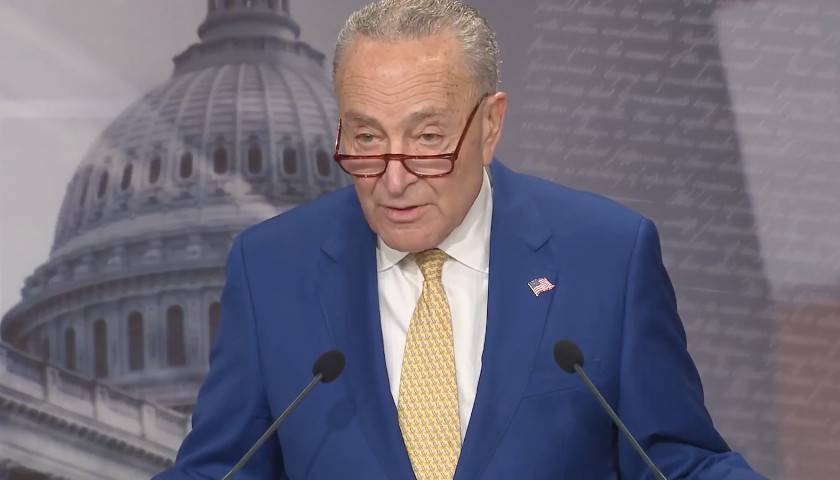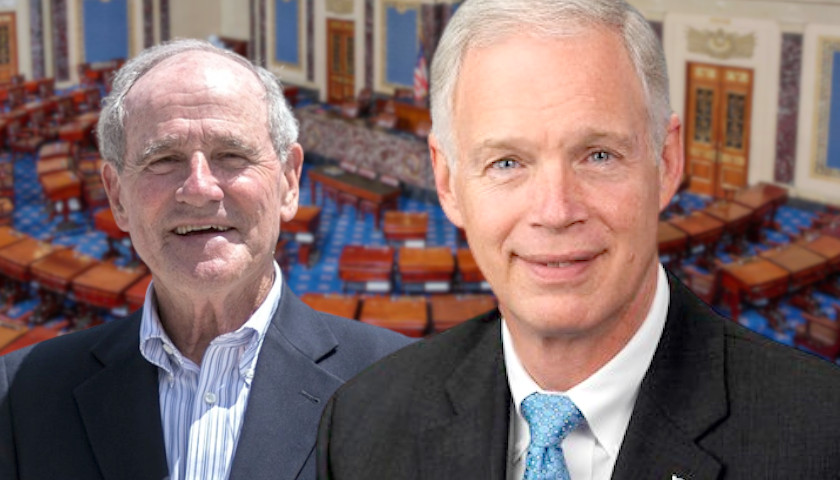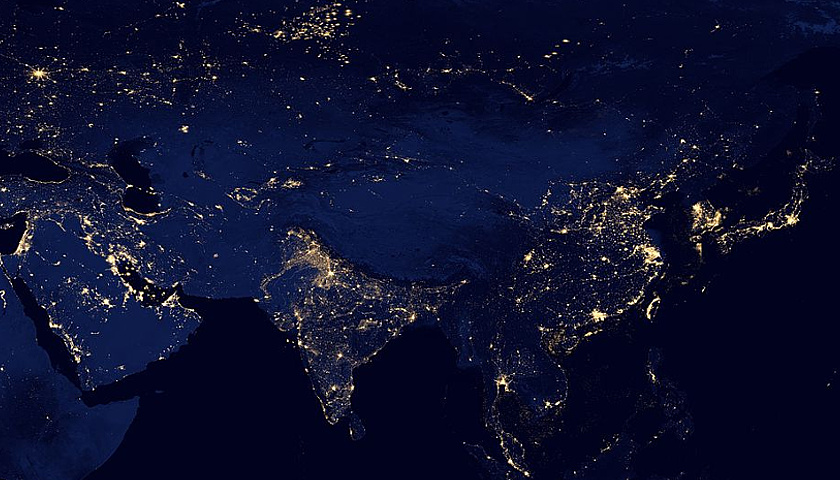The main argument in favor of foreign aid is that rich countries can and should help poor countries become more prosperous. And plenty of politicians are following that approach. According to the latest data from the Organization for Economic Cooperation and Development, donor governments gave away more than $220 billion last year. But advocates of foreign aid say that’s not enough. The folks at the United Nations assert that rich countries should double their foreign aid budgets.
Skeptics of aid have a different perspective. They explain that foreign aid is not successful and that increasing aid budgets would be throwing good money after bad. They argue that foreign aid is wrong in theory since it focuses on giving money to governments rather than the pro-market policy reforms that would boost growth. And they argue that foreign aid has failed the real-world test since countries receiving large transfers have not climbed out of poverty.
Read More






